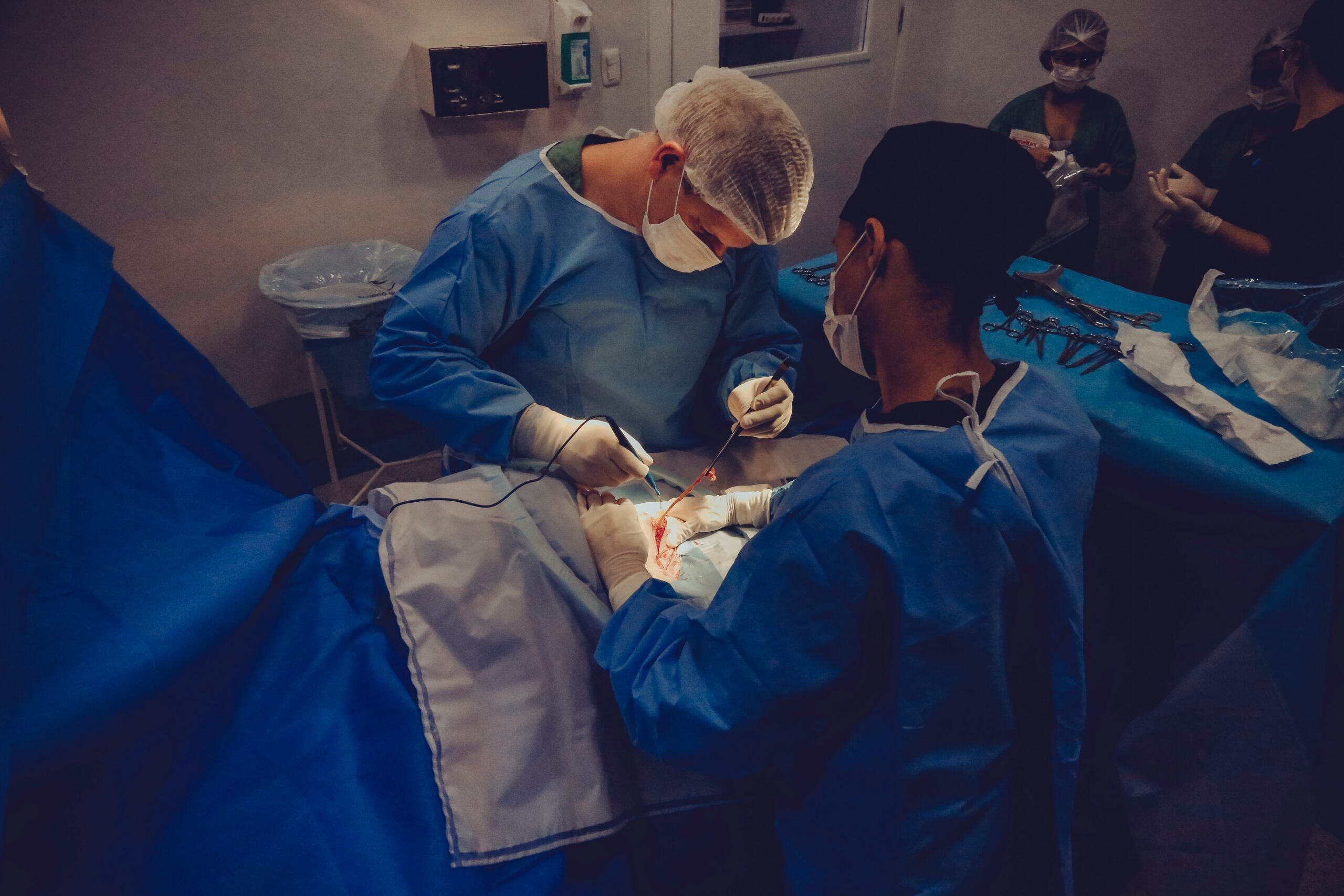
Statute of Limitations for Medical Malpractice Cases
Statutes of limitations set deadlines for how long you have to file a lawsuit against someone, and they’re especially important in medical malpractice cases. Unlike after a car accident, you might not know you sustained an injury from malpractice for months, perhaps even years, after it occurs. If enough time has passed or you wait too long to act, you could lose your right to seek compensation for your injuries.
Deadline to File a Virginia Medical Malpractice Lawsuit
When you look at Virginia’s laws, you’ll see that you typically have two years from when you sustained an injury to file a lawsuit against any liable parties. That’s broadly true of medical malpractice cases as well, but there are some important exceptions to know about:
- Injuries from foreign objects: If a doctor leaves a foreign object in your body and you don’t immediately notice any effects, you have one year from when you discovered or reasonably should have discovered the object to file a lawsuit, which may give you extra time to protect your rights.
- Cases involving concealment, intentional misrepresentation, or fraud: If a doctor or other healthcare provider prevents you from discovering your injury through concealment, intentional misrepresentation, or fraud, you have one year from when you discovered or reasonably should have discovered the injury to file a lawsuit.
- Injuries due to negligent failure to diagnose: In circumstances where the medical professional failed to diagnose cancer or a malignant tumor, a one-year extension is granted from the date the tumor or cancer is correctly diagnosed.
- Continuing treatment rule: If the negligent provider continues to treat you without any substantial interruption (e.g., the patient does not see any other provider for the injury caused by the negligent provider), the statute of limitations may be extended to two years from which you last saw that provider.
Why You Must Act Quickly in a Medical Malpractice Case
It’s vital to contact an attorney as soon as possible if you suspect you suffered injuries from medical malpractice. Your lawyer will need time to gather all your medical records, and those documents are crucial evidence. Other evidence can disappear or deteriorate quickly after a malpractice incident, and a lawyer can take steps to preserve the evidence in your case. Additionally, building a strong medical malpractice case takes time, and you want to give your lawyer as much time as possible to prepare before filing a lawsuit. Generally speaking, the sooner you speak with a lawyer, the better.
How Our Roanoke Medical Malpractice Lawyers Can Help
Medical malpractice cases are a core focus for our firm, so we know what’s at stake for you. Some of the ways we can help with your case include:
- Helping you understand your rights: We can explain your rights in clear, simple language. We can help you understand what medical malpractice is and if what you’ve gone through qualifies you for compensation.
- Investigating your case: Our attorneys can review your medical records, talk to experts, and collect all the facts to build as strong a case as possible for you.
- Filing your claim: We can handle all the legal paperwork and make sure everything is filed on time and correctly.
- Negotiating compensation: We have extensive experience negotiating with doctors, insurance companies, and healthcare facilities. We will negotiate for the best possible settlement so you can receive compensation for all the losses associated with your injury.
- Representing you in court: If your case goes to trial, we can stand up for you in the courtroom. We can present your case in a way that makes sure a judge or jury understands your story.
The Roanoke medical malpractice attorneys of Strickland, Diviney & Segura are ready to listen to your story and get to work to recover fair compensation for your injuries. Call us today at (540) 982-7787 or visit our contact page for a consultation.





